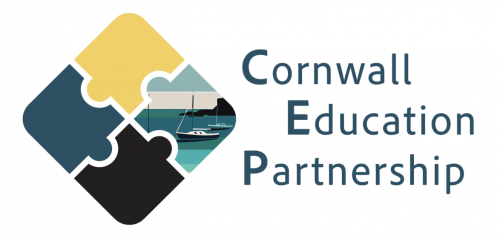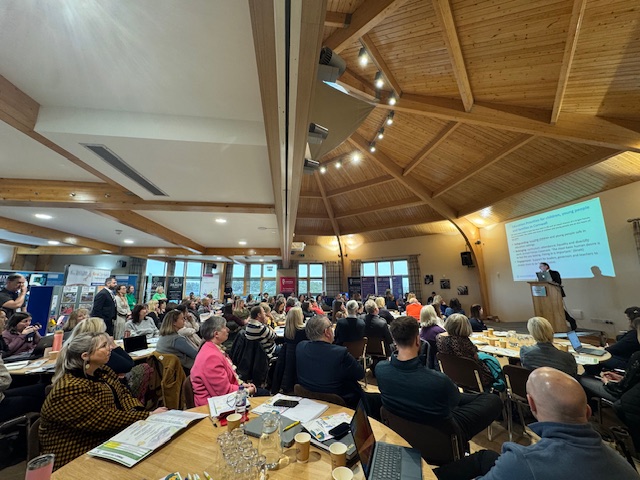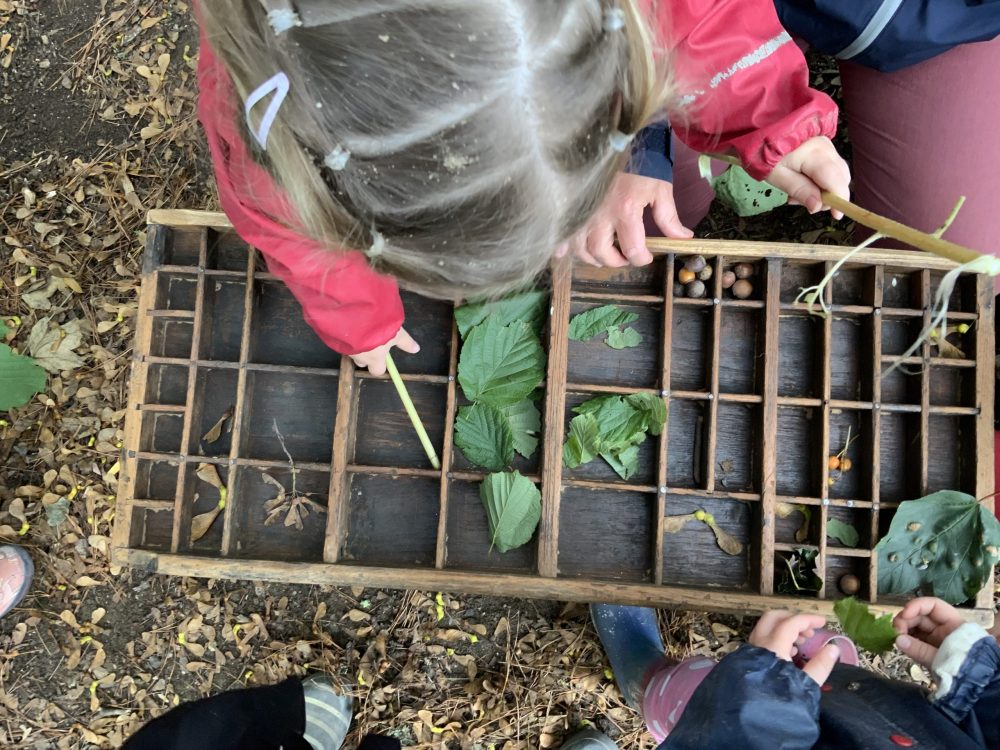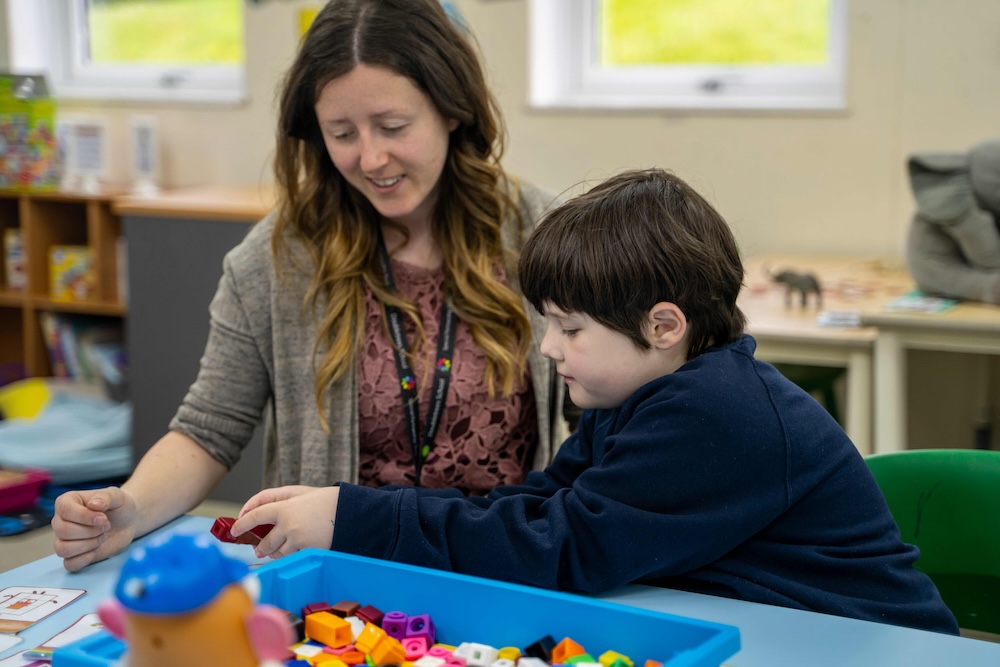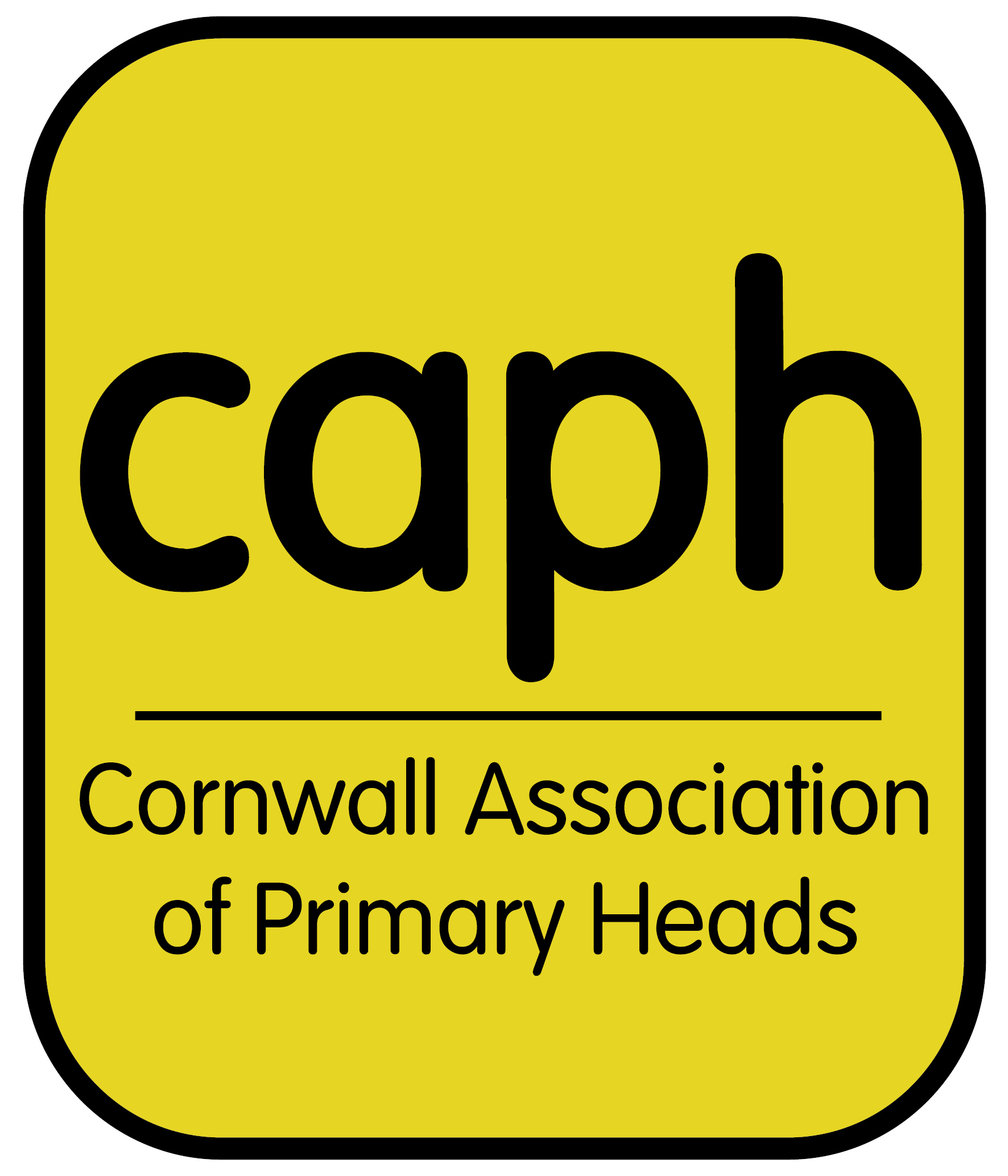
Emma Kerr
Strategic Lead
Cornwall Association of Primary Heads
At Cornwall Association of Primary Heads (CAPH), we believe that connection is not a peripheral benefit of school leadership – it’s a core driver of positive change. In a region where schools often face rural or coastal isolation and are spread across a complex landscape —including maintained schools, multi-academy trusts, and federations—collaboration is essential both practically and professionally for support, shared learning, and sustainable leadership.
Professor Tanya Ovenden-Hope’s research into coastal and rural education has shown that isolation can significantly affect leadership sustainability and staff retention. At CAPH, we understand this challenge well. We are a Co-operative Community Interest Company dedicated to supporting and improving the education, health, and care of children in Cornwall by championing excellence. Our mission is to support school leaders and member schools as a catalyst for innovation, facilitating meaningful connection, collaboration, and partnership across the education sector. Through this work, we aim to raise the aspirations and achievements of both pupils and staff.
As Nicholas Christakis outlines in his research on social networks, the connections between individuals profoundly influence behaviours, attitudes, and outcomes—underlining why fostering strong professional networks within education is crucial for driving positive change. At CAPH, this understanding shapes our work and our four core aims:
- Promote Collaboration – Equipping leaders to lead with confidence and impact
- Provide Sustainability – Offering practical, lasting support to enable long-term success
- Support Belonging – Creating inclusive communities where every school feels valued
- Educate for Sustainability and Belonging – Inspiring school leaders to embed sustainable, inclusive practices.
These aims are not simply aspirational – they are grounded in research and real-world need.
The Education Endowment Foundation (EEF) identifies collaborative learning and peer support for teachers as strategies that, when implemented well, have significant positive impact on pupil attainment and staff development. Likewise, the Chartered College of Teaching advocates for teacher collaboration as a key driver of professional learning and effective practice. This is supported by findings from Ofsted, which has recognised that strong internal and external collaboration often underpins the most successful school improvement journeys.
Strong internal and external collaboration often underpins the most successful school improvement journeys
On an international scale, the Organisation for Economic Co-operation and Development (OECD) – a global body that analyses education systems – has shown through its TALIS and PISA surveys that schools with embedded cultures of collaboration tend to perform better in terms of staff morale, leadership quality, and pupil outcomes. The UK regularly participates in these studies, and findings often inform national education policy, offering a useful mirror for our own system.
As the Center for Creative Leadership highlights, boundary-spanning leadership – the ability to forge connections across teams, sectors, and systems – is a vital advantage in today’s complex educational landscape, particularly for leaders navigating the layered challenges of rural and coastal contexts.
At CAPH, we create the conditions where this kind of collaboration can flourish – through trusted networks, shared professional development, and peer support that is grounded, purposeful, and values-led. This feeds in to wider work across the region. CAPH is proud to be a stakeholder of the newly formed Cornwall Education Partnership (CEP), representing the views of our members, establishing shared priorities and collaboratively setting the education strategy for the county in order to drive improvement within this forum.
As we look to the future, CAPH is developing new partnerships that further support innovation and excellence in education. One such area is our emerging involvement with the Penryn Creativity Collaboratives and CCE (Creativity, Culture and Education) – initiatives focused on embedding creativity at the heart of curriculum, pedagogy, and leadership. CAPH is excited to explore how this approach aligns with our mission to educate for sustainability and belonging, particularly in contexts where creative opportunities may be limited by geographical or economic constraints.
You can find out more about this, and much more, at our annual CAPH Conference at the Eden Project on Friday 24th October 2025. With a theme of Culture, Ethos and Connection, and with keynote contributions from Dame Alison Peacock, Christine Counsell, Rachel Higginson and Clare O’Sullivan, the event will provide space to reflect, reconnect, and move forward with renewed clarity. Our hope is that every delegate leaves not only inspired, but equipped – with practical tools, shared insight, and the support of a wider professional community.
Find out more and book your place at the CAPH Conference here and find out more about relevant events happening within and outside Cornwall on the CAPH calendar .
Further Reading
- Ovenden-Hope, T. (2020). Levelling Up the Forgotten Third: Coastal and Rural Education in England; Educational Isolation in England: Understanding Place-Based Challenges for Teacher Recruitment and Retention in Coastal and Rural Schools – Plymouth Marjon University Repository
- Chartered College of Teaching, Evidence-Informed Practice
